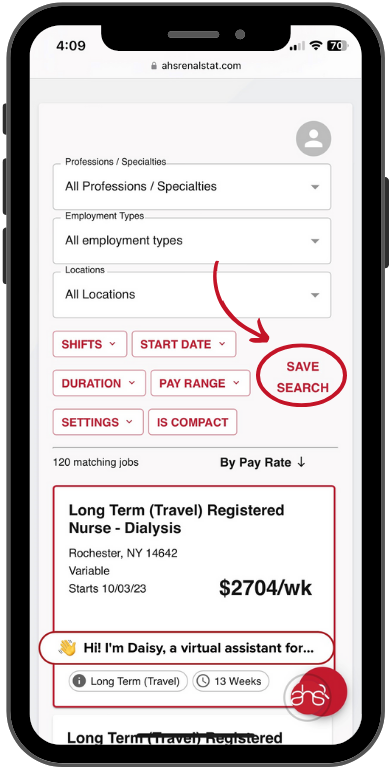No matter how old you are, what occupation you hold, or where you live in the world we can all agree that sleep is an essential to functioning properly on a day-to-day basis.
That being said, getting a full amount of sleep can be hard due to the constant and rigorous schedules nurses must endure. This is especially true for those who work swing shifts, rotating shifts or night shifts. Losing the minimal amount of sleep can cause changes in a person’s mood, energy level, and ability to handle stress.
SWSD is a common disorder amongst nurses. It is known as a circadian sleep disorder, which affects the body’s circadian rhythm and the function of the body clock that regulates time periods for sleep.
Symptoms Of SWSD
Lack of energy
Irritability
Depression
Increase stress
Excessive sleepiness
Insufficient/un-refreshing sleep
Insomnia
Treatments
Of course the easiest and most assumed treatment to lack of sleep is to sleep, but it may not be as easy as it sounds. Here are some helpful tips to defeating your SWSD:
EXECUTE A SLEEP SCHEDULE
Setting a proper sleep schedule can help the body get the necessary amount of relaxation and energy needed in order to function properly. Although it varies from person to person, a healthy adult needs anywhere from 7.5 to 9 hours of sleep in order to fully function at their best capability.
FIND THE RIGHT SLEEP ENVIRONMENT
When you’re a nurse, schedules can change and fluctuate at any time. You can go from working morning shifts to night shifts within a week. For this reason, finding the right sleep environment is crucial, especially if you have to sleep during the day in order to be ready to get to work at night! Your sleep environment can be controlled by light, temperature, and sound.
INCORPORATE NOISE/SOUNDS IN YOUR SLEEP
Soothing sound can help with getting the sleep you need in order to feel a hundred percent ready for your next shift! Some people find it calming to have complete silence when falling asleep, while others would rather have the sound of a rainforest or white noise playing in the background. It’s all just a matter of preference and what helps you sleep at night.
TAKE MELATONIN SLEEPING PILLS BEFORE GOING TO BED
Melatonin is a hormone that the body produces in order to control the sleep/wake cycle.
When nurses work complex and rotating hours, especially those who work night shifts, they become susceptible to producing less melatonin because most melatonin is produced at night when it is dark. By working at night the body can get confused and not provide as much as is actually needed. Melatonin also affects the body because it helps keep the immune system strong, so without melatonin there is a greater chance of getting sick. Taking melatonin pills before sleep will not only help the body get the balance it needs, but it will also keep you healthy.


